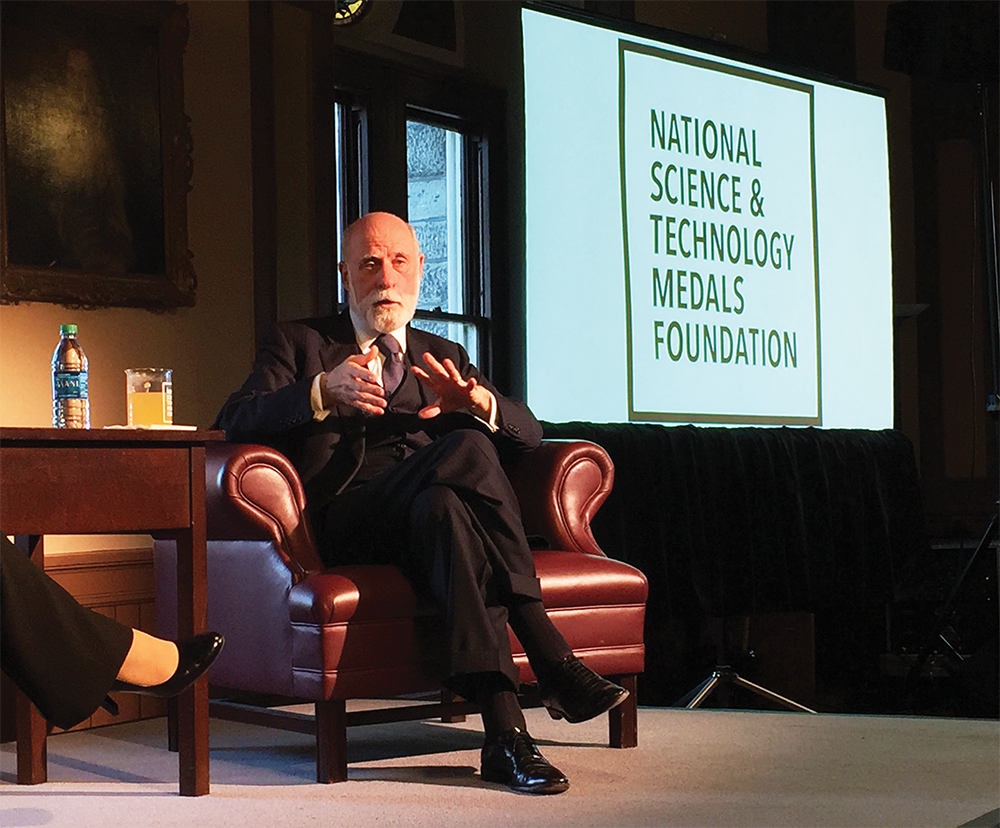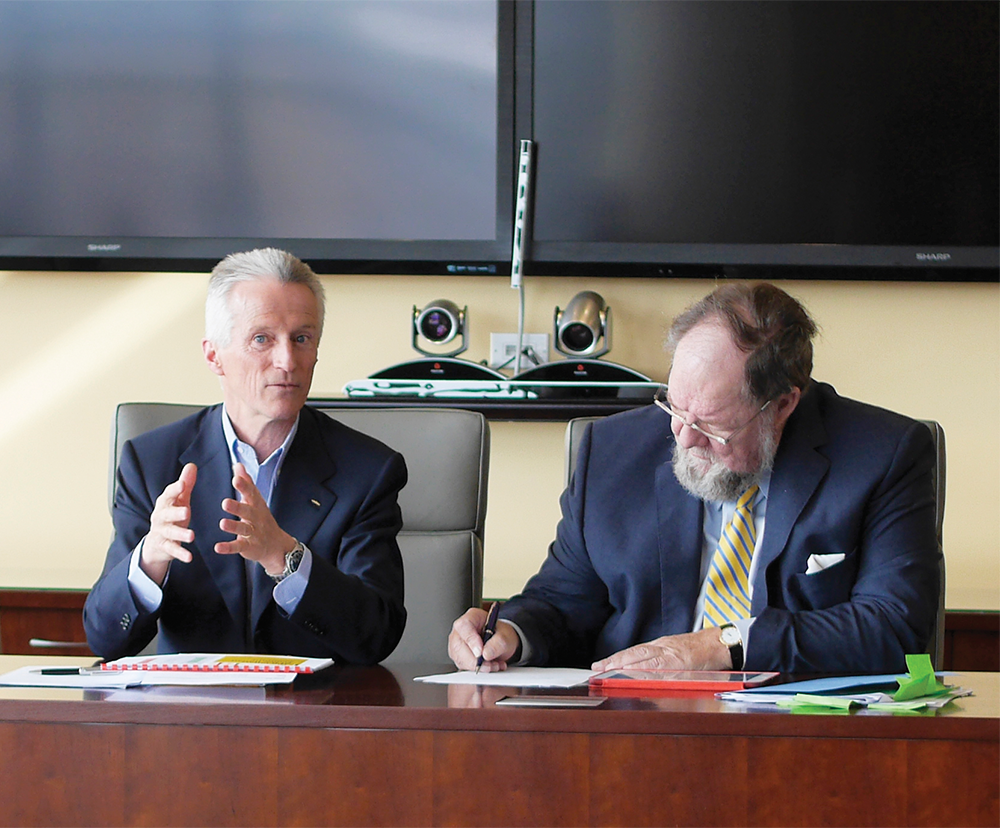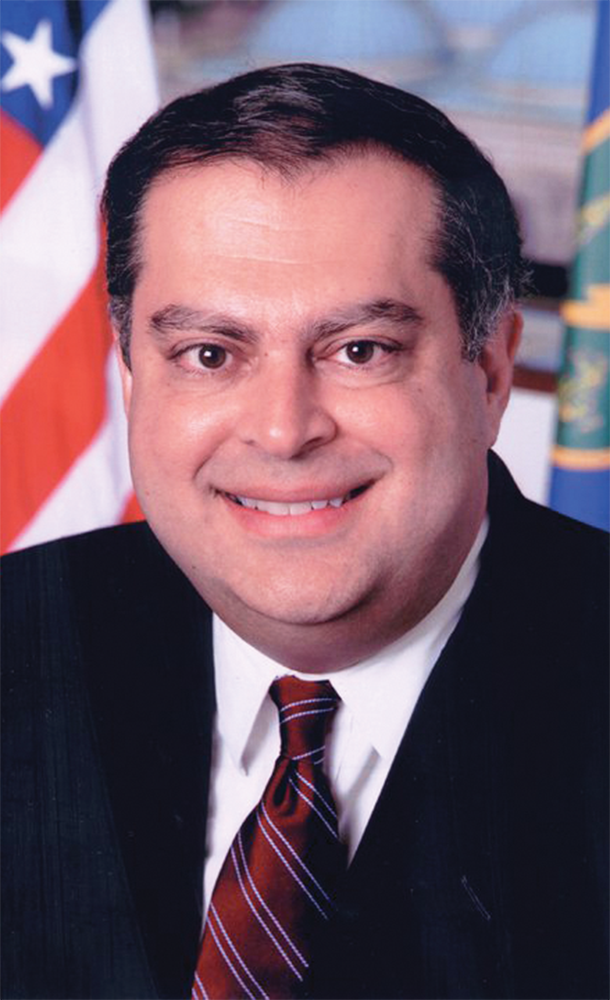
Professor Paasha Mahdavi, along with professors from UCLA, found that low gasoline taxes are hindering climate change progress.
Governments are not discouraging fossil fuel consumption, according to Georgetown University McCourt School of Public Policy professor Paasha Mahdavi and University of California, Los Angeles professor Michael L. Ross in their paper “Nature Energy” published Jan. 9.
The researchers analyzed global gasoline prices, taxes and subsidies in “Global Progress and Backsliding on Gasoline Taxes and Subsidies.”
The researchers studied fossil fuel policies and retail gasoline prices in 157 countries over a span of 12 years. They found that although two-thirds of countries increased their gasoline taxes over this time period, the average tax has actually been declining globally.
According to the researchers’ ultimate conclusion, subsidies and lower taxes on gasoline along with a failure of governments to reform gasoline pricing have contributed to increases in greenhouse gas emissions on a global scale.
“Global progress was thwarted by a shift in consumption towards states that maintain gasoline subsidies or low taxes,” the paper reads. “Fixity reforms were virtually non-existent for those countries with persistent subsidies, where such reforms are most needed.”
According to Mahdavi, the study was motivated by the difficulty of measuring the effectiveness of government environmental policies.
“Governments have been claiming that they have taken action on climate change but it’s been hard to measure these kinds of actions,” Mahdavi said.
The researchers also wrote in the study that self-reporting by government authorities can be unreliable and incomplete.
Mahdavi said that they focused on analyzing gasoline prices, taxes and subsidies, because they could obtain data across various countries.
“We were looking at measuring challenges in particular, and we really couldn’t figure out whether governments were actually taking meaningful action to reduce greenhouse gas emissions,” Mahdavi said, “So, we zoomed in on one thing: gasoline prices, taxes and subsidies, which we could measure and could do so across as many countries as possible.”
The study found that almost all of the G-20 countries, which comprise an economic forum of major economies, and the United States have not increased gasoline taxes despite announcing their intentions to do so in 2009. The United States in particular has not changed its federal gasoline tax since 1993.
Mahdavi said that governments refuse to modify gasoline prices because of the political costs of doing so.
“It often leads to protests, and politicians just don’t want to take that risk,” Mahdavi said. “Especially in developing countries and especially in places that export oil, these reforms are very difficult.”
Taxing gasoline would not only be a cheap way to tackle climate change but also one that could bring added revenue due to declining prices, according to Mahdavi.
“We’re hoping to put a spotlight on this policy as a first step for many governments to try to get back to their commitments on climate change and to actually take meaningful actions to reduce greenhouse gas emissions,” Mahvadi said.
Edward Montgomery, dean of the McCourt School of Public Policy, said the study demonstrated that governments have failed to use appropriate tools to address the matter.
“This study provides evidence that global governments are certainly not systematically using one of the most powerful tools at their disposal — taxation — to discourage fossil fuel consumption,” Montgomery wrote in an email to The Hoya.
Mahdavi stated that he and his colleagues hope their findings will make people question the commitment of governments to the 2016 Paris Climate Agreement.
“We push that our findings run against conventional wisdom and will raise serious questions about whether governments in particular are prepared to follow through on their Paris pledges,” Mahdavi said.
Montgomery said he found the results very significant and that he is sure that they will impact the on-going global climate policy debate.
“This study is important, because it provides evidence, not anecdotes, about what is really going on in terms of governmental actions globally,” Montgomery said. “Since climate change is a global problem, global action is needed.”
According to Montgomery, the new knowledge gained from the study can inform the public on whether countries across the world are keeping their promises to reduce carbon emissions.
“Knowing what different countries have actually done and how their actions are changing over time enables the public to see if their words and their deeds match up. This work would suggest that clearly there is room for improvement”
GU Fossil Free member Grady Willard (SFS ’18) said the study’s findings further prove that more action is needed on climate change.
“It is concerning that the United States has not increased its gas tax in 25 years,” Willard said. “All institutions ranging from the U.S. government to universities to businesses and nonprofits need to take active steps to avoid the worst impacts of climate change.”












